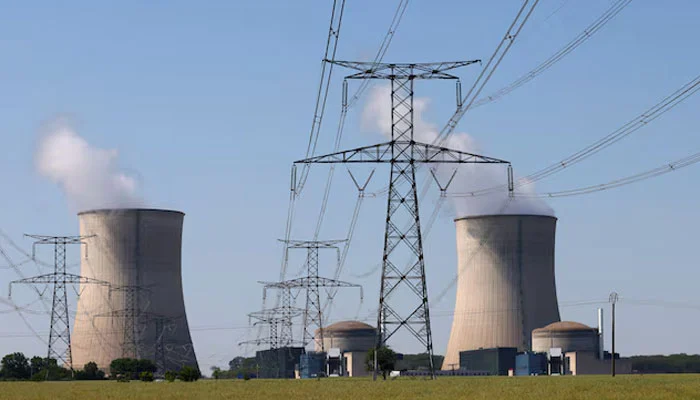The World Bank is re-entering the nuclear energy sector “for the first time in decades,” announced its President Ajay Banga on Wednesday. This strategic shift aims to help meet the surging electricity demand in developing countries.
In an email to staff, Banga stated that the bank will collaborate closely with the International Atomic Energy Agency (IAEA), the United Nations’ nuclear watchdog. This partnership will involve “strengthening our ability to advise on non-proliferation safeguards” and regulatory frameworks.
The decision comes at a critical juncture, as electricity demand in developing nations is projected to more than double by 2035, Banga noted in the memo seen by AFP. To fulfill this escalating need, annual investment in energy generation, grids, and storage will need to increase from the current $280 billion to approximately $630 billion.
“We will support efforts to extend the life of existing reactors in countries that already have them, and help support grid upgrades and related infrastructure,” Banga affirmed. The Washington-based lender will also work towards accelerating the “potential of Small Modular Reactors” to enable them to become a viable option for a greater number of countries in the future.
Banga, who assumed leadership of the development lender in 2023, has advocated for a change in the bank’s energy policy. His letter was released a day after a board meeting where these matters were likely discussed. “The goal is to help countries deliver the energy their people need, while giving them the flexibility to choose the path that best fits their development ambitions,” Banga explained.
Beyond focusing on improving grid performance, he added that the institution will continue to finance the retirement or repurposing of coal plants and support carbon capture technologies for industrial processes and power generation.
In April, on the sidelines of the International Monetary Fund and World Bank’s spring meetings, US Treasury Secretary Scott Bessent suggested that the bank could utilize resources more efficiently by assisting emerging countries in enhancing energy access. He argued that the bank should prioritize “dependable technologies” rather than pursuing “distortionary climate finance targets.” This approach could entail investments in natural gas and other fossil fuel-based energy production. Bessent at the time also commended the bank’s efforts toward removing restrictions on support for nuclear energy.
Beyond the pivot towards nuclear energy financing, Banga stated on Wednesday that the bank has yet to reach an agreement within its board on whether it should “engage in upstream gas,” and under what specific circumstances such engagement would occur. The United States, the largest shareholder in the World Bank, is among the countries that have actively campaigned for the group to reconsider its previous ban on supporting nuclear projects.



